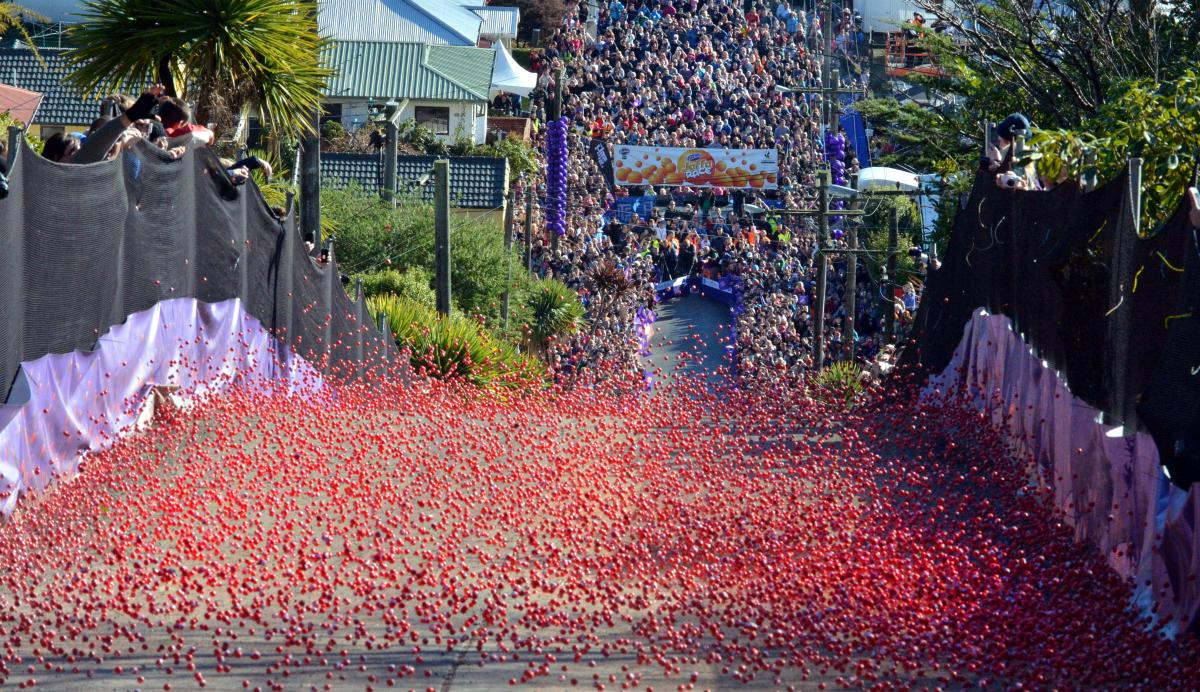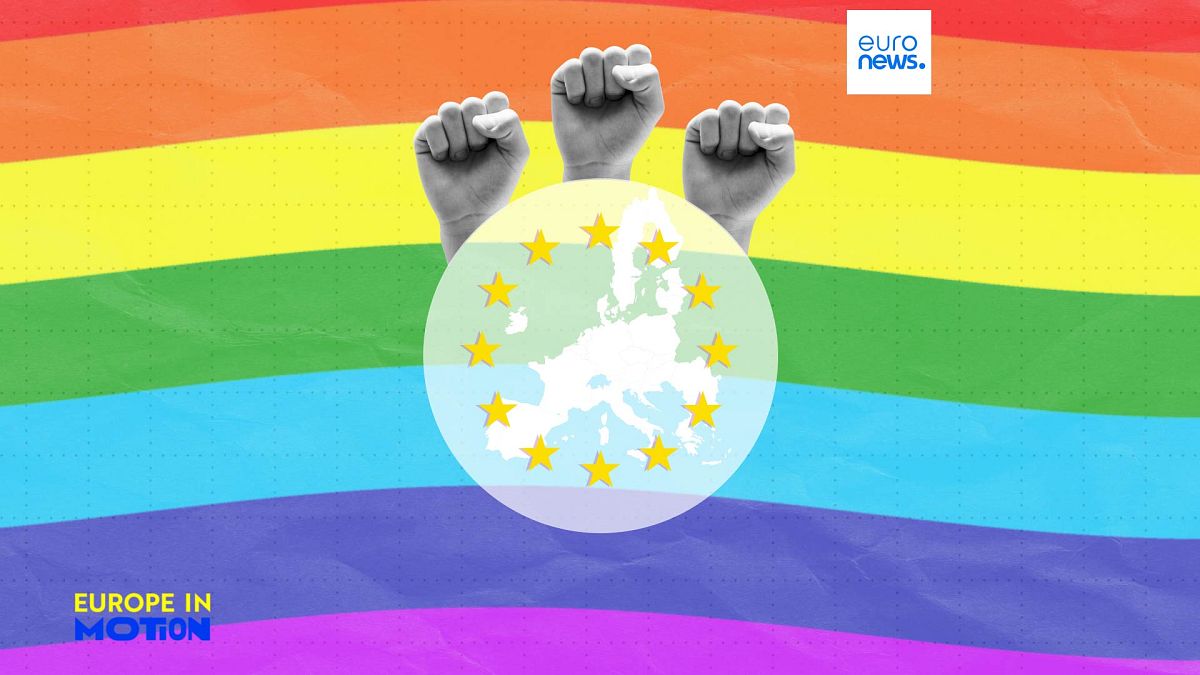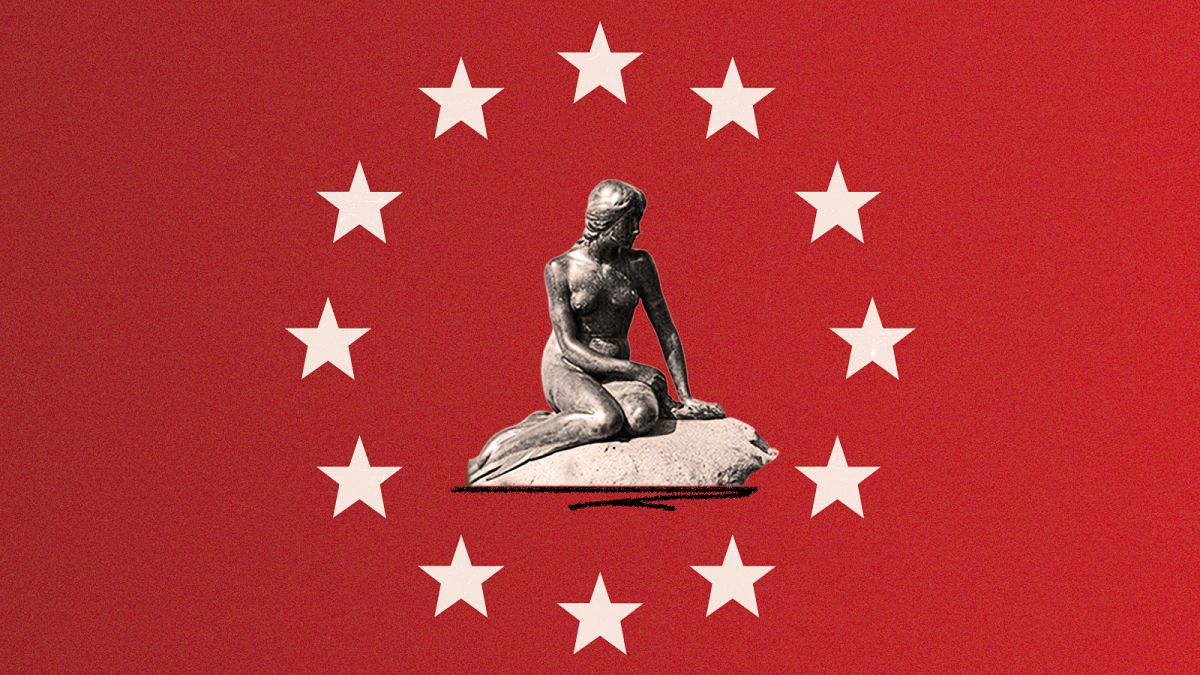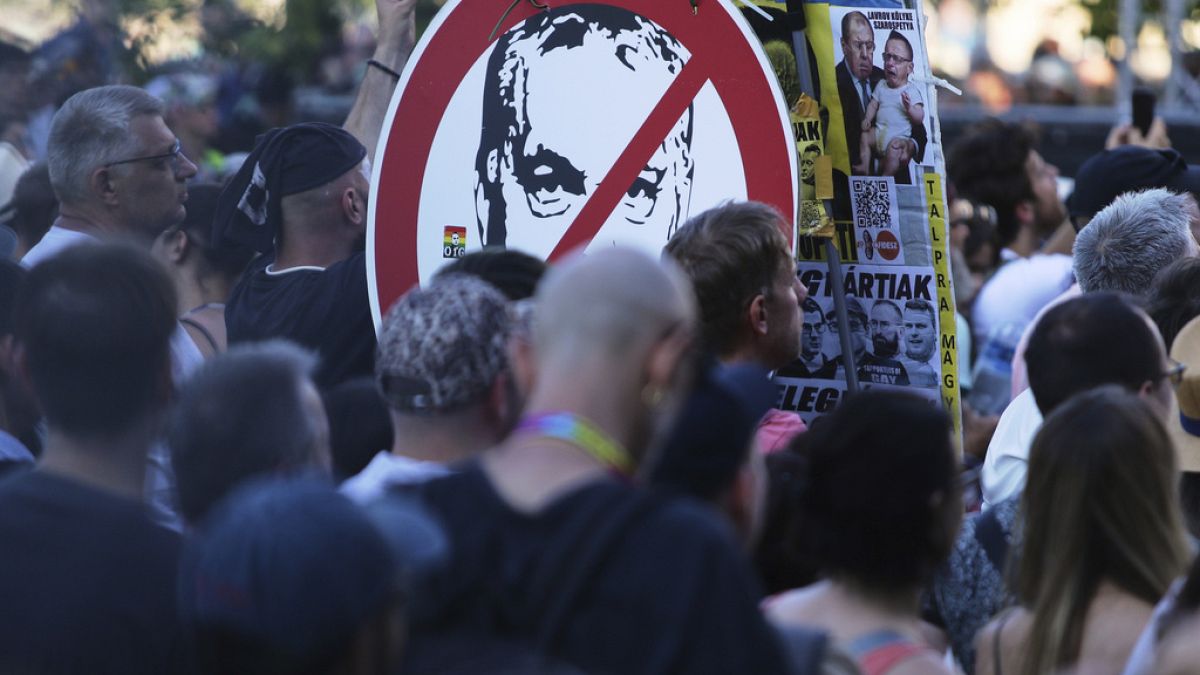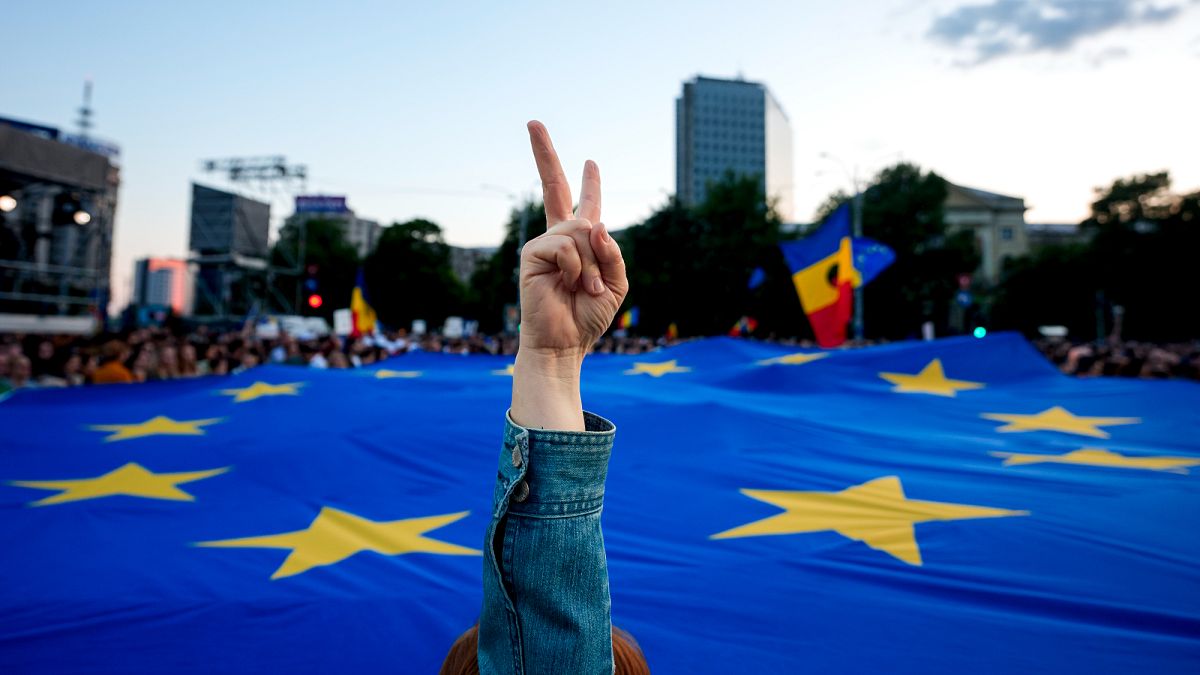Malta, Belgium, Iceland, Denmark and Spain are the top five countries in this year’s LGBTQ+ rights ranking, according to this year’s ILGA-Europe’s Rainbow Map.
Malta has been at the top of the ranking for the last decade, with a score of 88,83%.
With 85 points, Belgium jumped to second place after adopting policies tackling hatred based on sexual orientation, gender identity and sex characteristics.
Despite Belgium jumping to second place in the index over Iceland, the latest figures from Belgium’s Centre for Equal Opportunities Unia and the Institute for the Equality of Women and Men reported “worrying” cases of violence and discrimination against LGBTQ+ people.
Unia reported 136 cases related to sexual orientation.
More than a third of these cases involved assaults with assault and battery, and a similar proportion of serious cases of harassment.
These attacks are often committed by young men, sometimes in groups, and especially against other men.
ILGA-Europe’s Rainbow Map scores countries in seven categories: equality and non-discrimination, family, hate crime and hate speech, legal gender recognition, intersex bodily integrity, civil society space and asylum.
Austria, Latvia, Germany, Czechia and Poland also recorded the biggest jumps in their rankings.
Austria and Latvia rose four places, while Germany, Czechia, and Poland climbed three.
The EU’s average score is 51.13%, while Europe’s is 41.85%.
Which countries are performing the worst?
In 2025, some countries across Europe saw a rollback in LGBTQ+ rights.
Romania has been at the end of the EU ranking with a score of just 19%, followed by Poland and Bulgaria, both with 21%.
“Centre and far-right actors in the EU are targeting NGO funding to weaken organisations that defend rights, while at the national level, we are seeing laws introduced that do not address any genuine societal need but are designed purely to marginalise,” said ILGA-Europe’s Advocacy Director, Katrin Hugendubel.
The United Kingdom also dropped six places to 22nd.
That drop was partially blamed on a Supreme Court decision to redefine the legal understanding of “woman” strictly as “biological sex,” impacting the recognition and rights of transgender individuals.
Hungary dropped seven places after the first Pride march ban in the EU, criminalising participation and organisation of such events.
Attending a banned event would carry fines up to 200,000 Hungarian forints (€503), which the state must forward to “child protection,” according to the text of the law.
“Similar moves in the UK, Hungary, Georgia and beyond signal not just isolated regressions, but a coordinated global backlash aimed at erasing LGBTI rights, cynically framed as the defence of tradition or public stability, but in reality designed to entrench discrimination and suppress dissent,” said Hugendubel.



